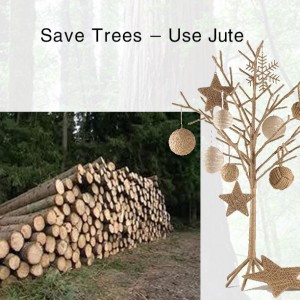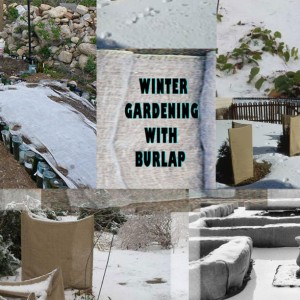totes
-
Read more »
While coasters are mainly used during the hot summer months when our drinks sweat with condensation, jute made coasters are perfect for the spring weather. Making use of only a few materials, jute coasters are extremely simple to make for a crocheted.
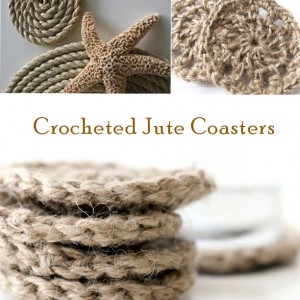
If you try to crochet jute too tightly, it will make it tough to insert the crochet hook. Make an effort to loosen the gauge. When weaving the tail at the end, weave it slowly and carefully. Weaving it through multiple stitches is very difficult and needle nosed pliers might be required. Crocheting with jute is not easy and it takes time to get used to it. Do not give up. Your last coaster will definitely look better than the first.
-
Posted: March 23, 2015Read more »
Each year hundreds of trees are cut for making furniture, paper and wood. If we opt for furniture, bags and other products made of jute, millions of trees can be saved from being lumbered. There are a variety of jute made products available in the market today such as bags, furnishing products, furniture etc. These products are a good alternative to using wooden furniture and paper bags. It is not just limited to furniture and bags but manufacturing of jute products are also making a vast range of jute made goods like decorative articles, arts & craft, stationary products, footwear, apparels, rugs etc. in beautiful designs, texture, color and prints. Thus now people have more options to include jute in their eco friendly lifestyle.
-
Read more »
Generations of gardeners have been using burlap for many gardening tasks. Jute is a versatile fiber and is used to make rope, twine and other products along with burlap. Twine and burlap are safe to use in a vegetable garden. They can provide valuable nutrients to the soil as they decompose.
Burlap is a useful barrier for weeds all around the year, particularly usefully in the garden during winter. Inexperienced gardeners frequently use just plastic as a protection against damage from frost, only to be disappointed when the plants get damaged because of moisture collecting under the plastic and freezing. Since burlap is permeable and doesn’t trap moisture, it is a safe material for use when covering t
-
Posted: October 19, 2014Read more »
It appears that more and more businesses and people are embracing the “going green” and “green living” drive. However what does it really mean to go green or live green? Does it mean that we have to be an ultimate tree hugging environmentalist? Nope! Although that certainly would have been great! Living green is merely living a responsible lifestyle that puts focus on lessening a person’s negative impact on the environment and making beneficial, healthy, and safe choices to save and protect planet Earth, and eventually ourselves. By making wiser day to day choices, we can improve the quality of life and control the harm that is being done to the environment.
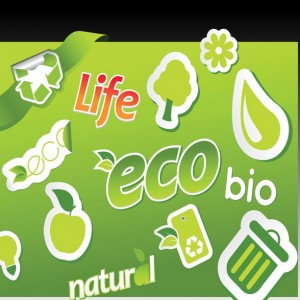
There are plenty of things that all
-
Read more »
Natural Home Made cleaners for the house and the housekeeper
Have you ever thought of natural homemade cleaners for your house? By using very simple ingredients like vinegar, baking soda and water, you can not only clean your house, but use the concoction to clean your face and body. Here are some tips.
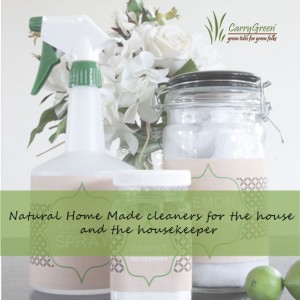
- Make your own cleaners: Avoid using the harsh, toxic chemicals and make your own cleaner by mixing half cup water, one cup vinegar and a table spoon of baking soda in a spray bottle. Spray it on your counter top, kitchen area, bathroom sinks for a germ free, stain free surface.
- Say No to paper towels: Gather some old cotton clothes
-
Posted: July 11, 2014Read more »
In the recent years, growing number of cities and countries around the world have started banning the use of single-use plastic shopping bags. The reason lies in the following facts:
- The average American family takes home almost 1,500 plastic shopping bags a year.
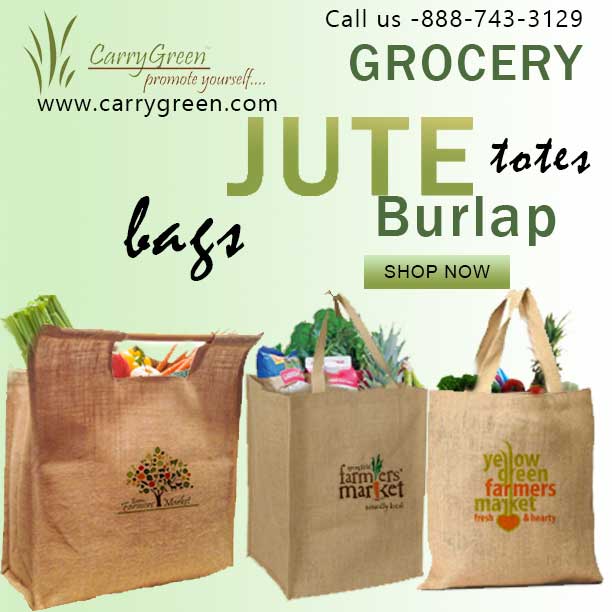
- According to the Wall Street Journal, Americans throw away 100 billion plastic shopping bags annually, with an estimated cost to retailers: $4 billion
- Only 0.5 to 3 percent of plastic bags are recycled in the United States. The rest end up clogging waterways, in the landfills, in the ocean, and can take up to 1000 years to decompose.
- It is estimated that thousands of seabirds and mammals die each year by ingesting or choking on the discarded plastic bagsBurlap tote bags and jute b
- The average American family takes home almost 1,500 plastic shopping bags a year.

